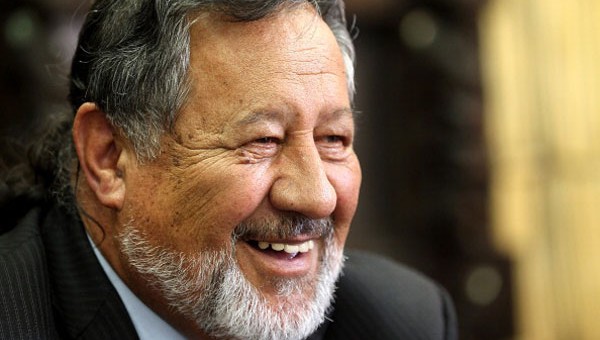The Role of Maori in the NZ economy (MP Pita Sharples)
(by Hon Dr Pita R Sharples; Minister of Māori Affairs)
Education, Training and Skills (excerpt)
The second area of innovation we must pursue is to ensure our educational pathways are an integral part of the infrastructural planning to chart the future forward. Indigenous peoples must be at the vanguard of a shift to a diverse, highly differentiated, high value, export-led economy, which utilizes both natural resources and technological innovation.
Last July, a young, vibrant couple calling themselves tangatawhenua.com launched Google Maori. Potaua and Nikolasa Biasiny-Tule were part of a large team which created the Maori interface to the world’s largest online search engine. Google Maori was always more than a mechanism for being able to search words and messages in te reo Maori.
Close to 9000 words are now readily available in an ever increasing digital environment – which in itself is a vital means of revitalizing the language, strengthening Maori identity, and expressing Maori world views. It’s about being relevant, and being prepared for success and prosperity. That means having mentors and networks in place to support new businesses and to share skills and expertise. It’s about pooling resources; increasing opportunities to access advice and investing in basic literacy and numeracy programmes in an indigenous context.
Another initiative we are promoting is the opportunity to establish trade and service academies for our young people to grow their futures, together. We have been busy engaging with industry training organisations, the wananga and providers, and I am pleased to announce, that my Ministry, Te Puni Kokiri, is right now negotiating over 835 training places for Maori in Maori trade training.
In Aotearoa, 46% of our Maori population are 19 years and under – while in the general population only 29% are under that age. So there is no doubt, that the youthful vigour and creative energy of our youth population is a major asset in our population. The key is in how we build on that potential to ensure the voices of indigenous youth are informing and driving our economic development onwards. We cannot leave them at home; alone; on the streets; out on the margins.






Leave a Reply
Want to join the discussion?Feel free to contribute!